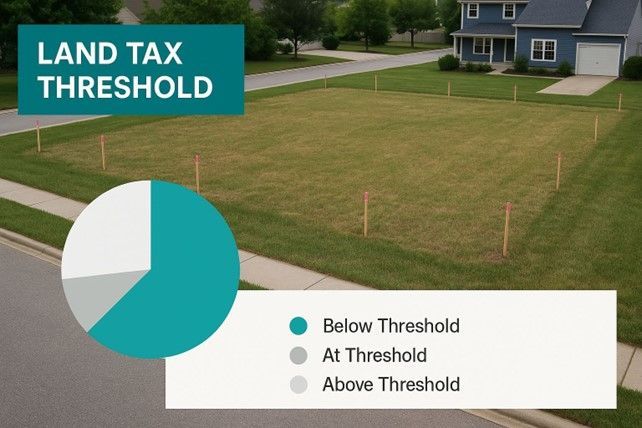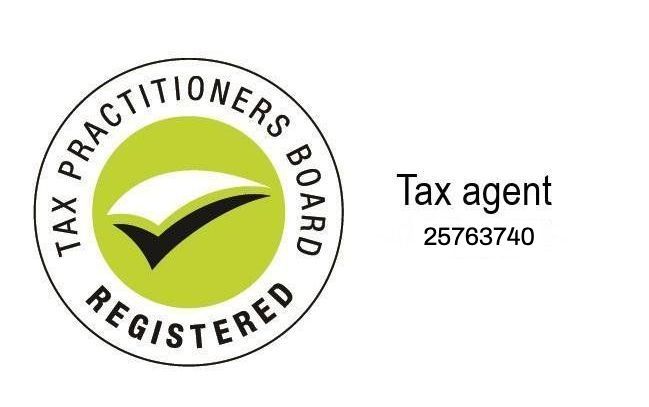PAYG Instalments Explained: Why the ATO Charges You in Advance
PAYG Instalments Explained: Why the ATO Charges You in Advance

We still get this question all the time: What is PAYG Instalment, and why am I paying it?
It’s one of the most common points of confusion for business owners and high-income earners, especially when it appears unexpectedly on your BAS.
So here’s a clear breakdown of what it is, why the ATO charges you in advance, and how it’s different from PAYG Withholding.
What is PAYG Instalment?
PAYG stands for Pay As You Go. The instalment system is the ATO’s way of collecting your income tax throughout the year in smaller, more manageable chunks.
Rather than waiting until the end of the financial year for one large tax bill, PAYG Instalments are based on your previous tax return. The ATO assumes your income will be similar this year and spreads your tax liability over quarterly payments.
These payments appear on your BAS or IAS (Instalment Activity Statement).
Why are you paying it?
You’re not being charged extra tax. You’re just paying it sooner.
Think of it like prepaying your tax so it’s not all due at once. If you’ve paid more than you needed by year-end, you’ll receive a refund. If you’ve underpaid, you’ll top it up when your tax return is lodged.
It’s designed to ease pressure at tax time, even if it sometimes feels like an unwanted surprise.
What’s the difference between PAYGI and PAYGW?
This is where it gets confusing.
PAYG Withholding (PAYGW) is what businesses withhold from their employees’ wages and pass on to the ATO. It’s part of being an employer.
PAYG Instalment (PAYGI) is about your own tax as a business owner, sole trader, investor, or company. It’s your tax bill, paid in advance.
Some people end up paying both, especially if you run a business and employ staff.
Can you change or opt out?
If your income is likely to be lower than last year, you may be able to vary your PAYG Instalment. But it’s important to be cautious. If you reduce it too far and underpay, the ATO can apply interest and penalties.
If you’re unsure whether your current instalments reflect your real income, we can help you assess the numbers before you make a change.
Why this matters
PAYG Instalments can be frustrating, especially if they catch you off guard. But with the right planning, they can make your cash flow more predictable and reduce stress at tax time.
If you’re not sure why you’re paying PAYGI, or you’re struggling with timing and cash flow, let’s talk. We can review what’s being reported, check your position, and make sure it’s still working for your situation.












